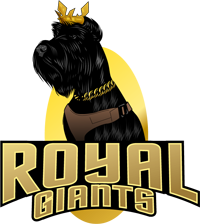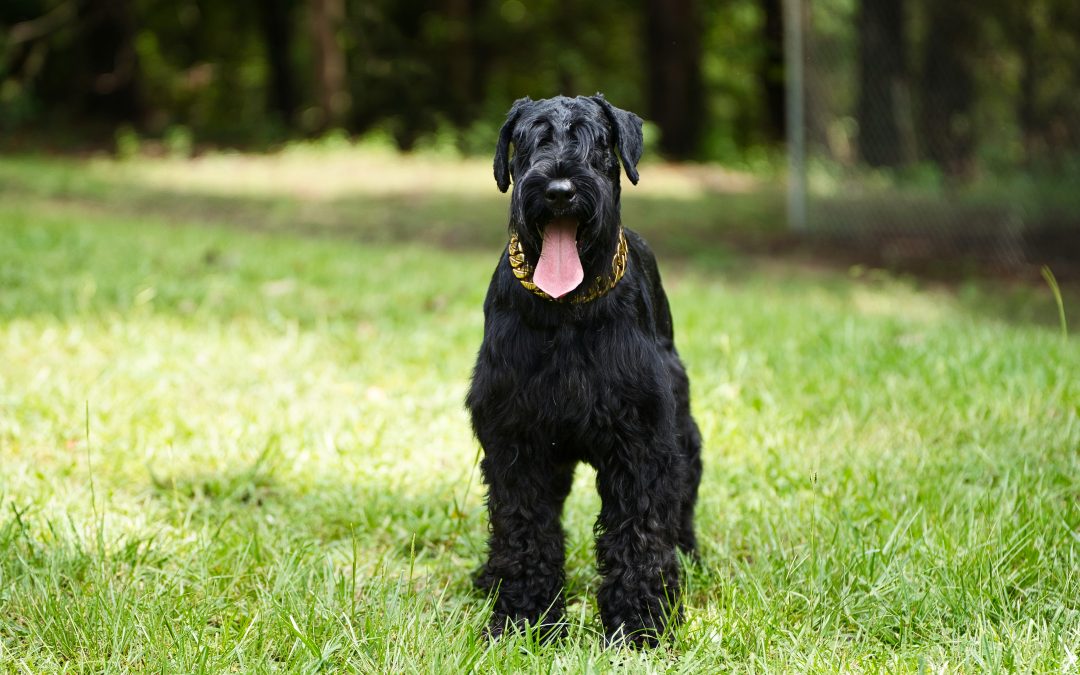Dogs like giant schnauzers almost always love to eat during mealtime, but what happens when they suddenly stop eating? Here are five possible reasons why they lose their appetite and ways how to handle it.
- Your dog has food issues.
While it’s alarming to see your giant schnauzer lose its appetite, don’t get into panic mode and immediately think that it might be due to a specific illness. Check the food you’ve been giving your pet. Is it already spoiled? Does it smell strange?
What to do: Before giving them dog food, always check for the expiration date, and to prevent it from spoiling, here’s a good tip when buying dog food: buy based on your pet’s weight. For example, if your dog weighs 7 pounds, only buy 7 pounds worth of dog food.
- Your dog is sick.
The most common reason that pops into your head when you notice your giant schnauzers stop eating is they may be sick. Illnesses that will likely cause your furry friend to lose their appetite are digestive disorders like mouth tumors or upset stomach, dental problems such as inflamed gums, broken or loose teeth, and serious illnesses involving the heart, lungs, liver and kidneys. Additionally, food allergies may also cause them not to eat even they’ve been eating the same dog food for months to years.
What to do: If you notice that your giant schnauzer hasn’t been eating for 8-12 hours, it’s best to consult your vet as soon as possible to address any existing infection or illness.
- Your dog is currently taking medications or had recent vaccinations.
If your pet is taking medications or recently had vaccinations, your dog will likely experience an upset stomach, vomiting, and diarrhea that will eventually lead them to lose their appetite. It may also be present to pets who recently had the vaccination.
What to do: Ask your vet for advice to avoid inappetence in your pets during intake of medicines or after a recent vaccination.
- Your dog is experiencing stress.
When dogs are facing stress, one of the common signs that they manifest is the loss of appetite. Potential causes of stress are separation anxiety, where your furry friend becomes terrified when you’re not around. Their stress could also come from a sudden change in circumstances such as a recent move or travel, absence or death of a family member or another pet, weather changes as well as changes in the feeding schedule.
What to do: Learn ways how to avoid separation anxiety like giving them special treats every time you leave, or make sure to leave and come unnoticed. However, you can only do so much for your giant schnauzer, and the need to consult a trainer or veterinarian is necessary for difficult situations that you can’t handle.
- Your dog is overfed.
Have you been giving your giant schnauzer treats and snacks frequently? If you do, that’s probably the reason why your pet is not eating during mealtime.
What to do: Try not to overindulge your dog to keep them from being overweight and keep in mind that treats should only be given for training purposes.
Now that you know some possible reasons why your giant schnauzers don’t want to eat, you can address it as soon as it develops. Paying attention to your pet for any changes in their appetite is the best practice that you can do to keep them healthy and happy.
Credits: American Kennel Club PetCube


Recent Comments